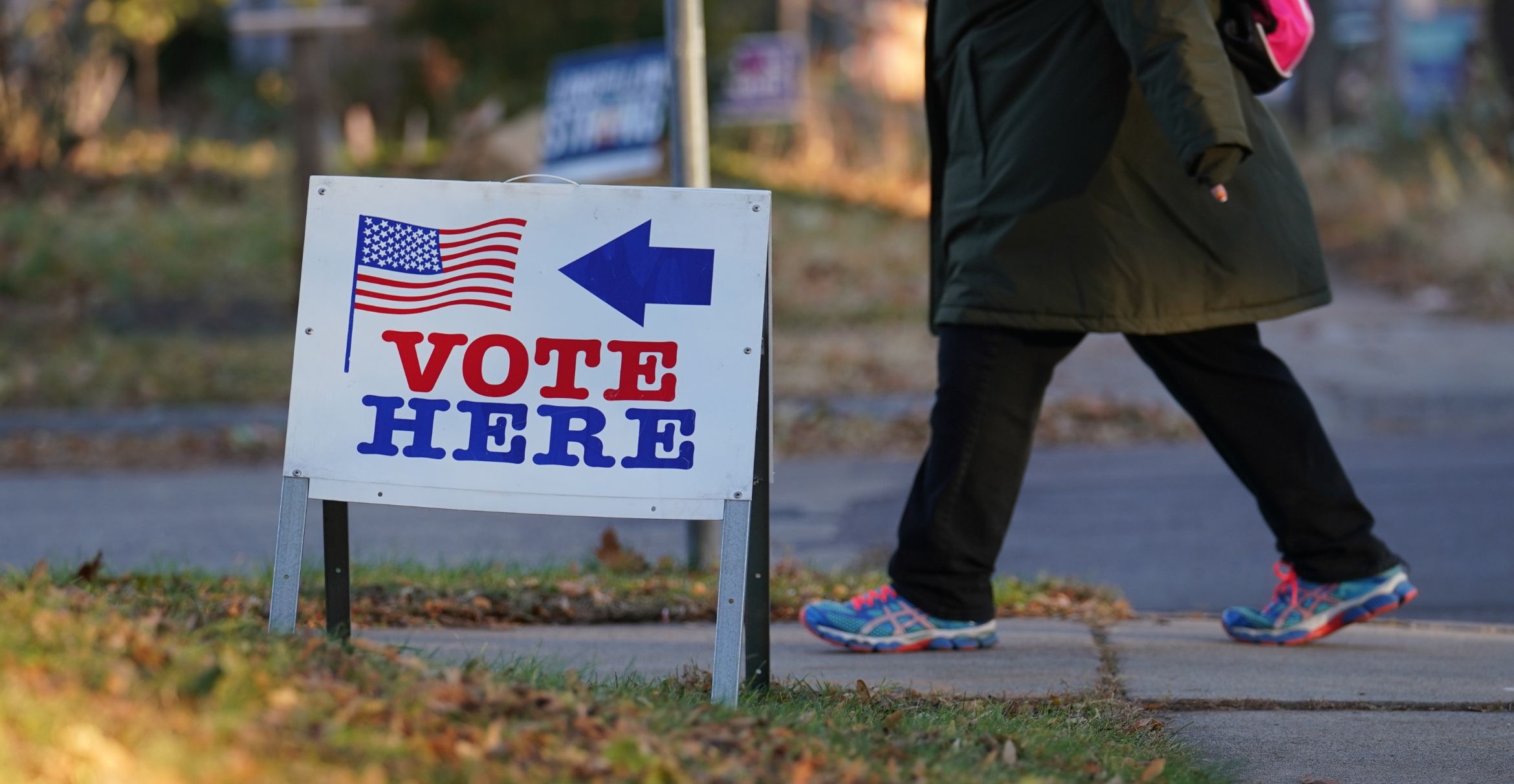
When voters cast their ballots in the 2016 and 2020 presidential elections, many were driven by their concern for climate change, according to a new report. The authors determined that views on climate change played a significant role in whom people voted for, concluding that the climate issue very likely cost Republicans the 2020 election, all else equal. Given the current election cycle, the authors chose to issue the results as a report for now, but plan to submit the research to a peer-reviewed journal in the near future.
“This report takes meaningful steps towards documenting the state of public opinion on climate in relation to the issue's overall impact on a pivotal election,” said co-author Renae Marshall, a doctoral student at UC Santa Barbara. “While Democrats and Republicans have clear differences with respect to their issue positions on climate, climate issues touch almost every aspect of our society in some way. Not all climate or environmental policy issues have polarized to the same extent, which provides opportunities for broad, ideologically diverse coalitions of voters and legislators to express concern about the causes and far-reaching impacts of our changing climate.”
The new assessment sought to understand the importance of climate change as a voter issue in the two most recent presidential elections. The team used data from the nonpartisan Voter Study Group, to analyze how issue opinions and demographics affected the 2016 and 2020 elections. “This is obviously information that politicians and advocates across the political spectrum will want to know, heading into the 2024 election cycle,” said Matthew Burgess, director of University of Colorado Boulder’s Center for Social and Environmental Futures (C-SEF). “How to reduce political polarization of climate change is one of the questions our research group is most interested in currently, and this provides some insight.”
The research team, including Burgess, Marshall, two C-SEF graduate students and researchers from Vanderbilt University, used several techniques to assess how climate change opinion shaped voters' choices, including logistic regression, a machine learning model and a simulation of the Electoral College in which they could turn the role of climate change on or off. Their conclusion: Republicans could have gained at least a 3% swing in the popular vote, which almost certainly would have been enough to have taken the White House in 2020.
The team found personal views on climate change were one of the strongest predictors of voting behavior in 2020, especially among independents. Not surprisingly, they found the majority of Democrats and independents are worried about climate change. And, many younger and moderate Republicans also see climate change as an important issue — one-quarter of Republicans who think climate change is “very important” voted for President Biden in 2020.
Such widespread concern about climate change is currently a clear upper hand for the Democratic party. The party holds a 26-point advantage over Republicans on the issue, a lead larger than any other opposing topic between the two parties, according to a recent poll. Voters from a broad range of political persuasions seem to see Democrats as more capable of finding solutions and instating policies to address problems created by climate change, even if not every Democratic climate change policy is necessarily popular.
While the issue of climate change strongly predicts whom people voted for in 2020, overall, it is not the top concern among voters. Less than 5% of adults rank climate change as the single most important issue. More pressing issues include those that affect people’s daily lives, like the economy, healthcare, education and crime.
If climate change isn’t voters’ top issue, why is it such a strong predictor?
“One reason might be that most people see the evidence for climate change as so strong that, if a candidate were to deny or minimize that issue, they might trust that candidate less on other issues,” said Burgess, formerly of UCSB’s Bren School of Environmental Science & Management. “Another reason might be that voters are beginning to see a connection between climate change and the kitchen table issues they care about more, like the economy, security and health. But we can’t say for sure, and this is a key question for future research.”
Burgess and collaborators also published a perspective paper on January 16 in Nature Climate Change; that study suggests that the United States’ ambitious climate policies, including the Inflation Reduction Act, might fall short of expectations, with everything from consumer decision-making to political polarization influencing how well they work.
This story was adapted from a release by the University of Colorado Boulder.
Harrison Tasoff
Science Writer
(805) 893-7220
harrisontasoff@ucsb.edu



